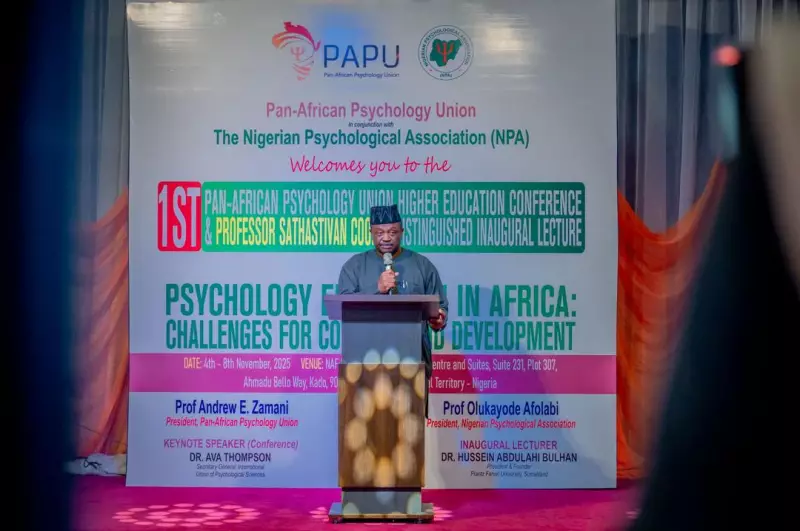
A groundbreaking academic revolution is sweeping through psychology departments worldwide, led by the pioneering work of Nigerian scholar Professor Ogochukwu Nweke. This movement aims to dismantle colonial structures within psychology education and create a more inclusive, culturally responsive curriculum.
The Call for Academic Liberation
Professor Nweke, speaking at a recent international education summit, emphasized the urgent need to challenge the Eurocentric foundations that have long dominated psychological theories and practices. "For too long, we have been teaching psychology through a predominantly Western lens," she stated. "This approach marginalizes indigenous knowledge systems and fails to represent the diverse ways of understanding human behavior across different cultures."
Key Reforms Proposed
The decolonization initiative focuses on several critical areas:
- Curriculum Diversification: Integrating African, Asian, and Indigenous psychological perspectives
- Research Methodology: Challenging Western-centric research methods and validation criteria
- Language Inclusivity: Addressing terminology that carries colonial baggage
- Local Context Integration: Emphasizing culturally relevant mental health practices
Global Academic Response
The movement has gained significant traction across international academic circles. Universities in South Africa, Kenya, and Ghana have already begun implementing similar reforms, while institutions in Europe and North America are showing increasing interest in adopting more inclusive approaches to psychology education.
Professor Nweke's research demonstrates that decolonized psychology curricula better prepare students for global mental health challenges. "When students understand psychological concepts from multiple cultural perspectives, they become more effective practitioners in our increasingly interconnected world," she explained.
Impact on Mental Health Practice
The curriculum transformation extends beyond academic theory to practical application. Mental health professionals trained in decolonized programs are better equipped to serve diverse populations, understanding cultural nuances that significantly impact treatment outcomes.
This initiative represents a significant step toward creating a more equitable and representative field of psychology, one that honors multiple ways of knowing and understanding human experience.






